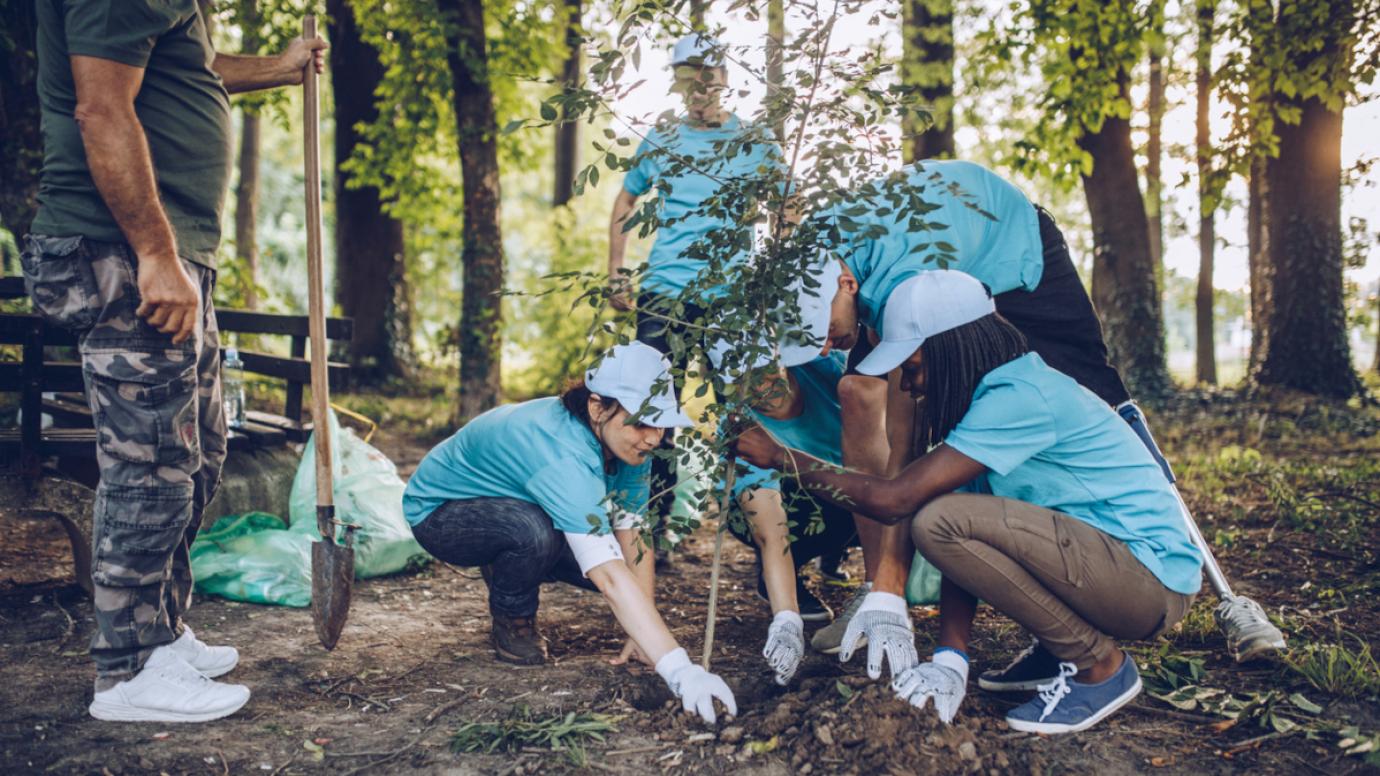Recognition of prior learning in Europe
Find out how to have your prior learning recognised when applying to study at universities in Europe.

Learning takes many shapes and forms. Generally, it is categorised in three groupings
- formal learning - normally takes place in formal education institutions, such as schools and universities, is typically certified by a qualification or diploma, planned and structured by learning objectives
- non-formal learning - is usually structured, planned and occurs in the form of activities, such as in-company professional training, but does not always result in a diploma
- informal learning - is experienced as part of diverse activities, unstructured, includes for example digital skills acquired through leisure activities
To be accepted by higher education institutions as part of the pre-requisites to begin a programme of study or in contribution to a qualification, prior learning needs to be formally recognised.
In some countries, some requirements to begin a programme of study may be fulfilled fulfilled by formally recognised non-formal or informal learning. For example, it may be possible to start a Master’s degree without having completed a Bachelor’s degree, if you can supply formally recognised proof of prior learning in other forms.
How to validate prior learning
To validate prior learning, the following steps are generally required
- applying for recognition - this may include providing documentation evidencing prior learning and/or the completion of a self-assessment of the skills and competencies declared
- assessment of the application - can include interviews or further requests for evidence
- outcome - certification of partial or full qualifications, and/or acceptance as a part of the admission process
You should be aware that not all applications will result in a positive outcome. Each university individually determines the requirements for acceptance onto their programmes.
Top tips
Recognition procedures can be time-consuming and sometimes costly. Before beginning, make sure you
- carefully check entry requirements for the university and the programme of study you would like to apply for
- do a self-assessment - are you sure you have the skills and knowledge required by the university? Is your learning up-to-date, or could you benefit from refreshing certain aspects?
- prepare necessary documents and evidence, such as training certificates and job descriptions
- contact advice services - often universities have dedicated services who can provide valuable information and insights about the assessments at their institution as part of the recognition process, assist applicants with the self-assessment process and with completing applications
Last updated:


